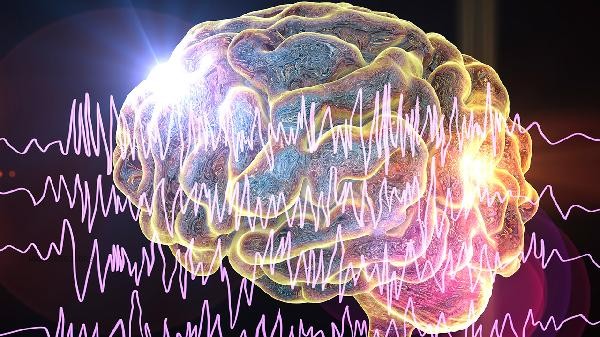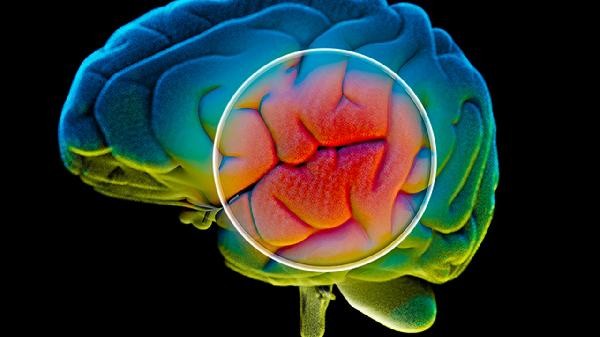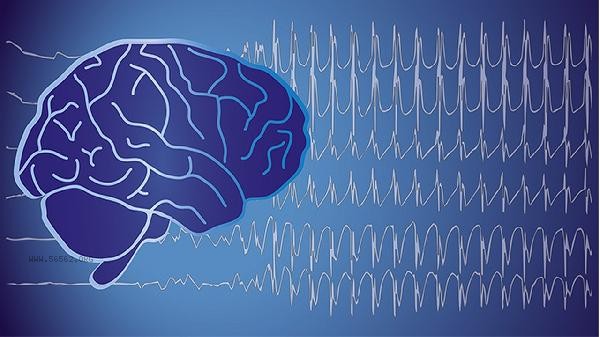Sudden brain fragmentation in children may be caused by transient ischemic attacks, hypoglycemia, sleep deprivation, emotional stress, epileptic seizures, and other reasons. It can be alleviated by adjusting daily routines, supplementing nutrition, psychological regulation, and other methods.

1. Transient ischemic attack
Transient ischemic attack is a neurological dysfunction caused by temporary interruption of blood supply to the brain, usually lasting for several minutes to several hours. Patients may experience sudden interruptions in thinking, unclear speech, or physical weakness, but generally do not leave any sequelae. This situation may be related to arteriosclerosis, hypertension, or heart disease. It is recommended to seek medical attention promptly to check the cerebrovascular condition. Doctors may recommend antiplatelet drugs such as aspirin enteric coated tablets and clopidogrel hydrogen sulfate tablets, or lipid-lowering drugs such as atorvastatin calcium tablets. When blood sugar levels are too low, the brain lacks sufficient energy supply, which may lead to sudden confusion or cognitive stagnation. It is commonly seen in patients with diabetes after improper medication, prolonged non eating or strenuous exercise. Accompanying symptoms include sweating, hand tremors, palpitations, etc. It is recommended to eat sugary foods immediately, pay attention to regular eating habits, and carry candies with you for future use. Doctors may suggest adjusting the glycemic control regimen, such as the use of insulin injections or metformin tablets.
3. Effects of Lack of Sleep
Long term sleep deprivation can seriously affect cognitive function in the brain, leading to lack of concentration and brief blank thinking. This situation is usually related to high work pressure, disrupted sleep patterns, and may be accompanied by symptoms such as decreased memory and delayed reactions. Improving sleep quality is key. It is recommended to have a fixed schedule and avoid using electronic devices before bedtime. If necessary, short-term sleep aids such as dexmedetomidine tablets or zolpidem tablets can be used, but it is necessary to follow medical advice.
4. Emotional stress response
Acute anxiety or strong emotional fluctuations may trigger transient brain function inhibition, manifested as sudden thinking interruption. This situation is common after stress events and may be accompanied by physical symptoms such as palpitations and shortness of breath. It can be relieved through deep breathing, mindfulness meditation, and other methods. In severe cases, psychological therapy may be considered. Doctors may prescribe medications such as lorazepam or paroxetine to help regulate emotions.

5. epileptic seizures
Some types of mild epileptic seizures may only manifest as a few seconds of consciousness interruption, known as absence seizures. The patient will suddenly stop moving, have dull eyes, and cannot recall after the attack. This condition requires specialized neurological examination for diagnosis, and may be controlled by antiepileptic drugs such as sodium valproate sustained-release tablets or levetiracetam tablets. Maintaining a regular daily routine is crucial for preventing brain fragmentation. It is recommended to ensure adequate sleep, a balanced diet, especially breakfast intake, and avoid prolonged fasting. Moderate exercise can help improve blood circulation in the brain, but attention should be paid to replenishing energy before and after exercise. Learning stress management techniques such as deep breathing and progressive muscle relaxation can reduce cognitive interruptions caused by emotional factors. If fragmentation occurs frequently, especially when accompanied by other neurological symptoms, timely medical attention should be sought to investigate potential diseases. Daily cognitive training such as Sudoku and memory games can help enhance the stability of brain function.









Comments (0)
Leave a Comment
No comments yet
Be the first to share your thoughts!